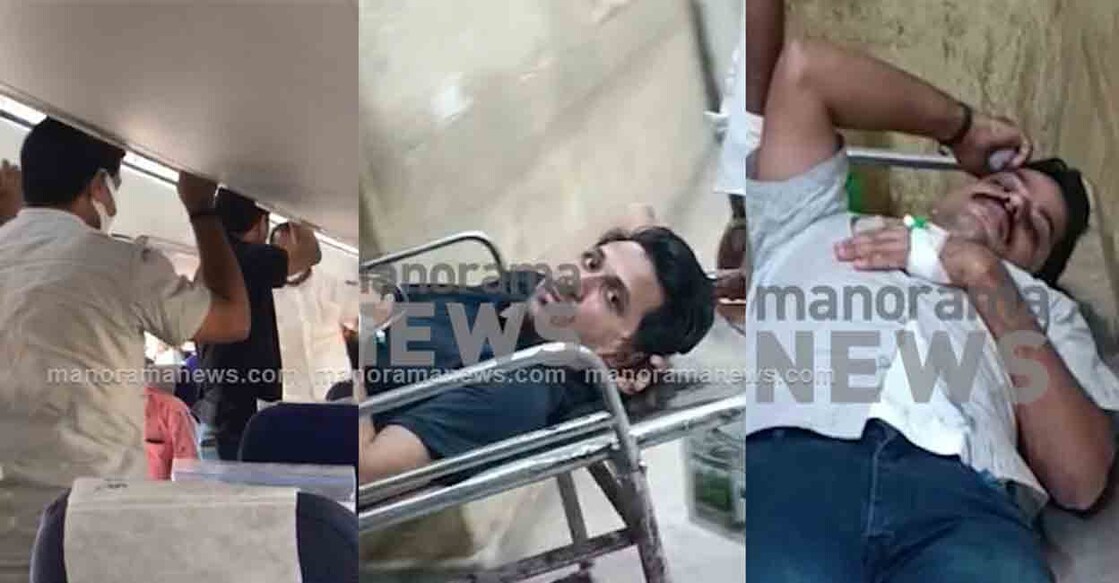From hijacking charges to flying ban await you after in-flight ruckus

Mail This Article
Thiruvananthapuram: Threats to civil aviation have increased manifold, forcing governments and airlines to up security measures drastically and impose harsh punishments. The rules are back in focus following a stunning protest by three Youth Congress activists against Kerala Chief Minister Pinarayi Vijayan onboard the Kannur-Thiruvananthapuram flight on Monday evening. The trio have been booked for attempt-to-murder on Tuesday.
India's "No Fly List" initiative aims to "check unruly and disruptive behaviour on aircraft". As per it passengers who cause nuisance could be temporarily prohibited from boarding flights. The list is kept by the Directorate General of Civil Aviation (DGCA) based on inputs from airlines.
Those who create turmoil inside the plane will have to face strict legal action as per the international aviation rules and regulations. Even charges like hijacking can be slapped on the accused.
India's new anti-hijacking law, which came into force in 2017, prescribes capital punishment in the event of death of "any person" hostages, such as flight crew, passengers and security personnel.
But if the incident happens after the landing of the flight in the airport and opening of the doors, only the rules prevalent in airports will be applicable.
Only officials such as pilot in command, airport manager and airline's security in charge have the right to file a complaint with the police if any untoward incident happens inside the flight. Those who have been injured or those who have suffered any other hardships can file a complaint with the police.
As per the Part 3 Rule 23 (A) of The Aircraft Rules, 1937, no one travelling in the aircraft should resort to threats or physically cause hurt to any other passenger.
But if such an offence is proved, the accused will be punished for one-year rigorous imprisonment or a fine of Rs 5 lakh or with both as per the Schedule VI of the Act.
Another rule applicable in such cases is the Civil Aviation Requirement (2017). As per the provisions contained in it, those who cause hurt to anyone using words can be banned from undertaking air travel for a period of three months.
Those who physically cause hurt to anyone during the flight journey can be deprived of air travel for a period of six months. As per these rules, pushing is also considered as a form of causing physical hurt.

